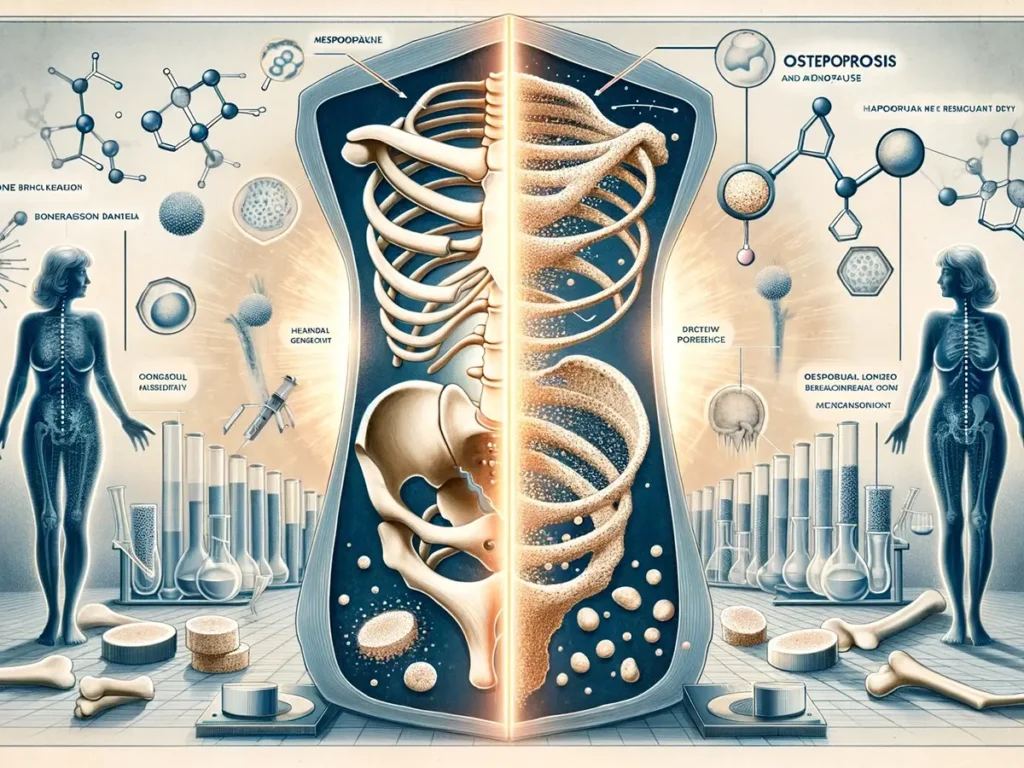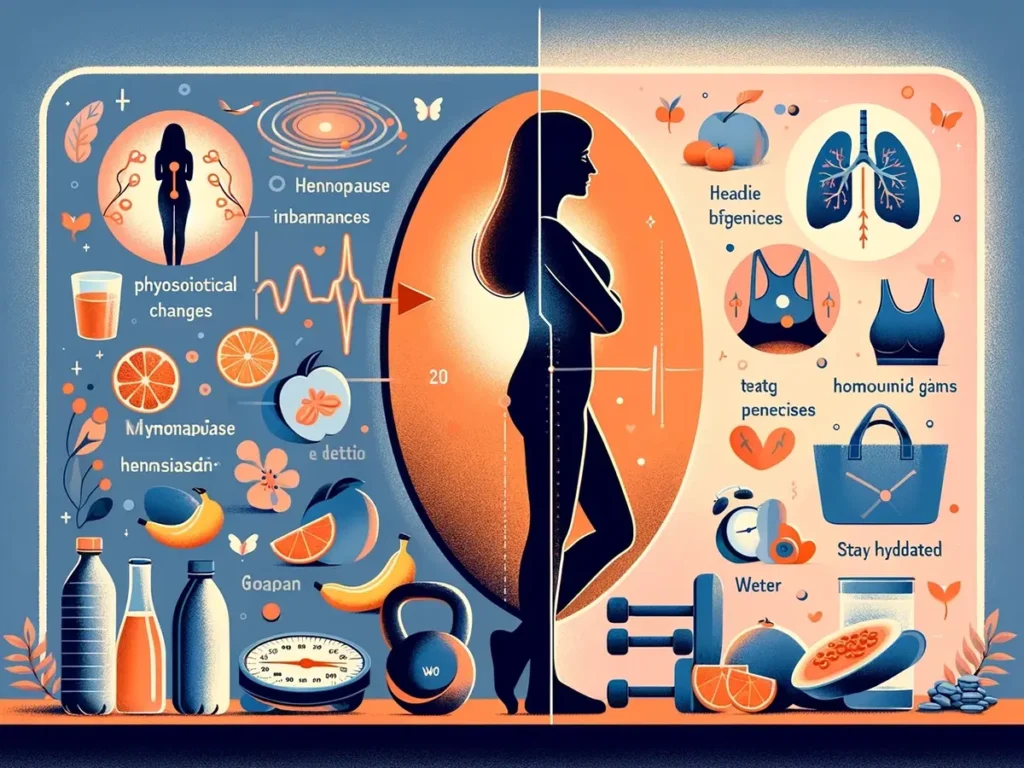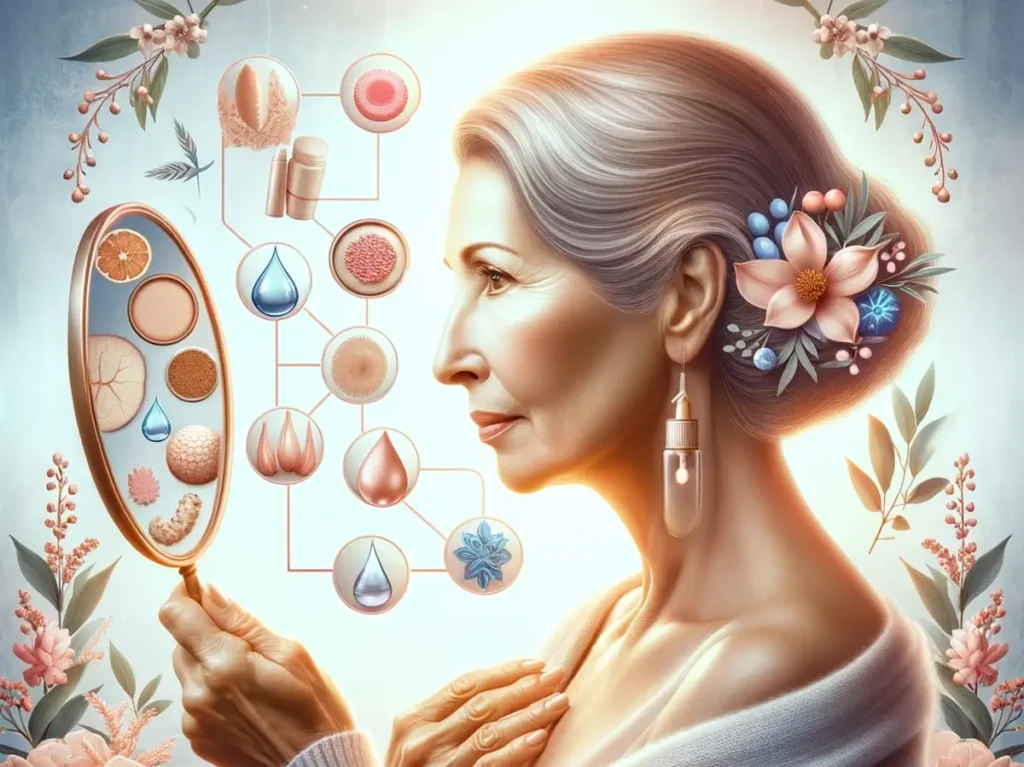As women age, they undergo a significant biological transition known as menopause, marking the end of their reproductive years. During this phase, the body experiences a reduction in hormone levels, particularly oestrogen and progesterone, leading to various physical and emotional changes. One common and distressing symptom that many women face during menopause is hair loss. Understanding the relationship between menopause and hair loss is crucial for women undergoing this natural process, as it can impact their self-esteem and quality of life. This blog post will explore the causes of hair loss during menopause, how it affects women, and effective ways to manage and cope with this challenging symptom.
Key Takeaways:
- Menopause can trigger hair loss in women due to hormone fluctuations.
- During menopause, oestrogen levels decrease, leading to an increase in the production of androgens, which can cause hair thinning.
- Women experiencing menopausal hair loss may notice a wider parting or a reduced overall hair volume.
- Consulting a healthcare professional is essential for women dealing with menopausal hair loss to explore treatment options.
- Various treatment options such as hormone therapy, minoxidil, and lifestyle changes can help manage hair loss during menopause.
The Relationship Between Menopause and Hair Loss: Hormonal Changes During Menopause
Role of Estrogen and Progesterone
During menopause, there is a significant decrease in the production of estrogen and progesterone, two necessary female hormones. These hormones are crucial in maintaining the hair growth cycle by promoting follicle health and regulating the growth phase. The decline in estrogen and progesterone levels can lead to hair thinning and loss in menopausal women.
Androgens and Their Impact on Hair
Androgens, often referred to as male hormones, are also present in smaller quantities in women. During menopause, the balance of androgens like testosterone may become more prominent due to the decline in estrogen. This shift can increase androgen activity, which can negatively impact the hair follicles, leading to hair thinning and even pattern hair loss in some women.
Menopausal women experiencing hair loss should consult a healthcare professional for a proper diagnosis and management plan. Understanding the hormonal changes occurring during menopause can help address hair loss effectively.
Types of Hair Loss Associated with Menopause
- Telogen Effluvium
- Androgenetic Alopecia
Telogen Effluvium
Telogen effluvium is a common type of hair loss often experienced by women during menopause. It occurs when there is a shift in the number of hair follicles growing hair versus those in the resting phase. This can lead to significant hair shedding, but the good news is that it is usually temporary and hair growth typically resumes after the underlying trigger is addressed.
Androgenetic Alopecia
Androgenetic alopecia, also known as female pattern baldness, is another form of hair loss that can be linked to menopause. This type of hair loss is genetic and is caused by a combination of ageing, hormones, and heredity. During menopause, decreased oestrogen levels can trigger this condition, leading to hair thinning and loss, primarily at the top of the head. It is vital to consult a healthcare professional to discuss the best treatment options.
| Telogen Effluvium | Temporary hair shedding due to a shift in hair growth cycles. Resumes with trigger resolution. |
| Androgenetic Alopecia | Genetic hair loss is linked to hormones, ageing, and heredity. It commonly results in hair thinning at the top of the head. |
Any individual experiencing hair loss during menopause should seek advice from a healthcare professional for personalised guidance and treatment options.
Strategies for Managing Hair Loss in Menopause
Lifestyle Modifications
One effective way to manage hair loss during menopause is by making some lifestyle modifications. This includes following a balanced diet rich in vitamins and minerals that promote hair health, staying hydrated, managing stress levels through relaxation techniques such as yoga or meditation, and avoiding harsh styling products or excessive heat when styling your hair.
Medical Treatments and Therapies
For more severe cases of hair loss in menopause, medical treatments and therapies may be necessary. These can include hormone replacement therapy (HRT) to help rebalance hormone levels, topical treatments like minoxidil to stimulate hair growth, and laser therapy to improve scalp circulation and promote hair regrowth.
It’s essential to consult a healthcare professional before starting any medical treatments for hair loss during menopause. They can assess your situation and recommend the most suitable action based on your needs and health profile.
The Relationship Between Menopause and Hair Loss
Menopause can significantly impact hair health and lead to hair loss in women. The hormonal changes during menopause, specifically the decrease in oestrogen levels, can cause hair to become thinner, weaker, and more prone to shedding. Understanding this link is crucial for women going through menopause so they can take steps to manage and potentially reduce hair loss. Consulting with healthcare professionals, adopting a balanced diet, using specialised hair care products, and considering hormone replacement therapy are some strategies that can help mitigate the effects of menopause-related hair loss. By acknowledging and addressing this relationship, women can better navigate hair loss challenges during menopause and maintain healthy hair as they age.
FAQ
Q: What is menopause?
A: Menopause is a natural biological process that occurs in women, marking the end of their menstrual cycles.
Q: Is hair loss a common symptom of menopause?
A: Hair loss is a common symptom of menopause caused by hormonal changes that affect the hair growth cycle.
Q: How does menopause contribute to hair loss?
A: Menopause can lead to hair loss as oestrogen levels decrease, resulting in thinner, more fragile hair.
Q: Are there treatments available for menopausal hair loss?
A: Yes, there are treatments such as hormone replacement therapy (HRT), minoxidil, and supplements that can help manage menopausal hair loss.
Q: Can lifestyle changes help reduce hair loss during menopause?
A: Yes, maintaining a healthy diet, reducing stress levels, and using gentle hair care products can help reduce hair loss during menopause.






